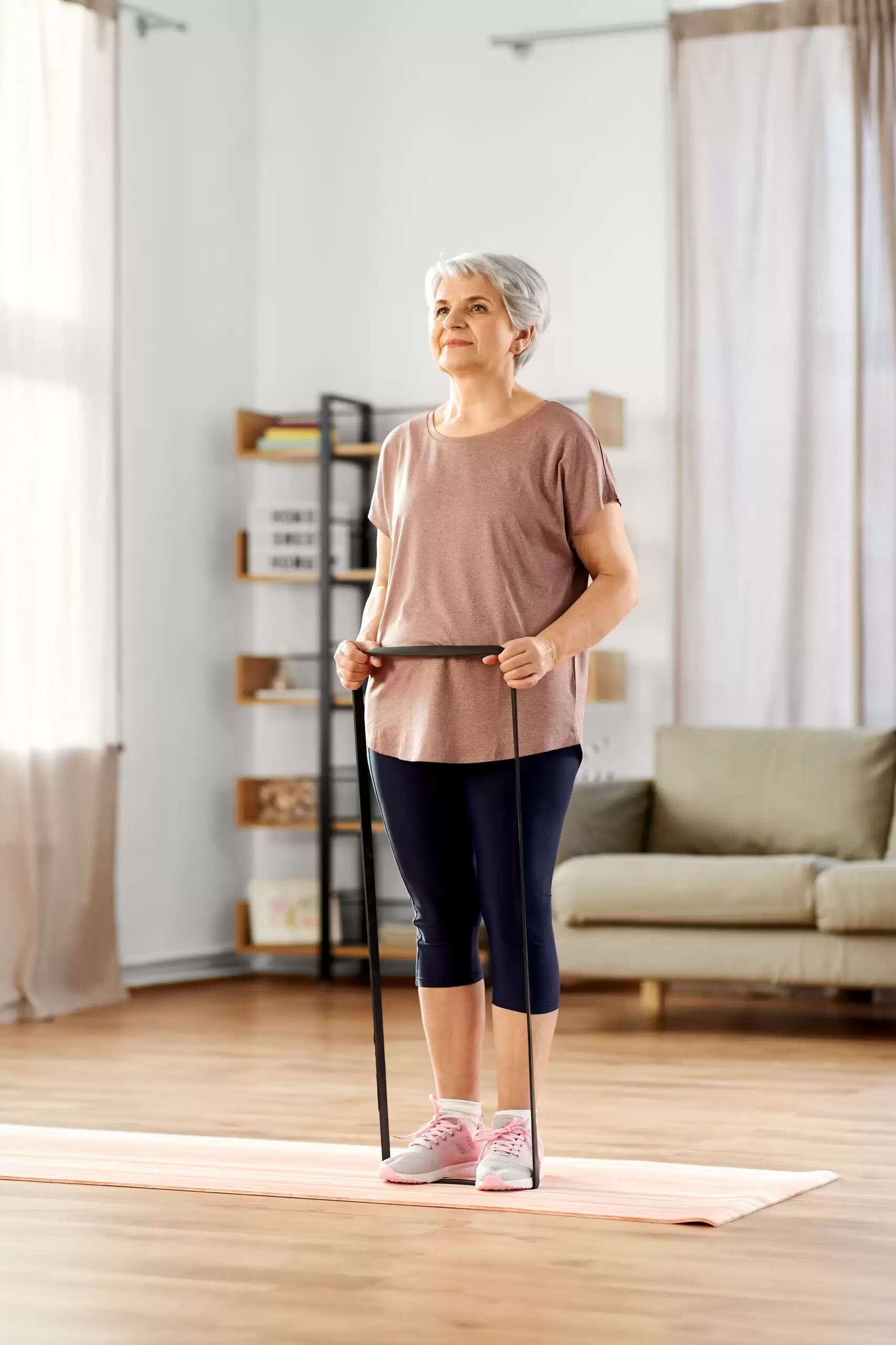Recovering From A Stroke: Here Are Some Lifestyle Tips To Follow
The process of recuperating from a stroke necessitates a comprehensive strategy encompassing medical intervention, rehabilitation, and modifications to one's lifestyle.

Stroke is a critical medical crisis demanding urgent care and intervention. It occurs when blood vessels leading to the brain are either blocked or burst, resulting in compromised blood supply and oxygen levels to the brain. The repercussions of a stroke can manifest as a range of physical and cognitive impairments, including paralysis, speech impediments, memory issues, and emotional fluctuations.
Stroke rehabilitation encompasses a variety of therapeutic interventions aimed at aiding individuals in reacquiring abilities that were lost as a result of a stroke. The specific areas of the brain affected by the stroke determine the focus of the rehabilitation, which can include improving movement, speech, strength, and everyday life skills.
In addition to various rehabilitation programmes, implementing lifestyle changes can be beneficial for individuals in the process of stroke recovery. Following lifestyle should be followed in case you are recovering from a stroke:
Healthy Diet - A nourishing diet significantly contributes to the process of recovering from a stroke. Opting for a diet abundant in fruits, vegetables, whole grains, lean protein sources, and healthy fats can contribute to lowering blood pressure, minimising cholesterol levels, and mitigating additional health complications. Stroke survivors are advised to restrict their intake of salty, fried, and processed foods as these can elevate blood pressure and cholesterol levels.
Exercise - Exercise is a valuable method for supporting stroke recovery. Engaging in regular physical activity can enhance muscle strength, coordination, balance, and mobility. Additionally, it serves as a preventive measure against future strokes by minimising risk factors like high blood pressure, obesity, and diabetes. Stroke survivors are advised to initiate their exercise routine with gentle activities and progressively escalate the intensity and duration as they progress.
Managing Stress - Stress poses a potential risk for stroke and can significantly impact the recovery process. To effectively manage stress, various relaxation techniques can be employed, including deep breathing exercises, meditation, and yoga. These practices can not only alleviate anxiety but also enhance the quality of sleep and help regulate blood pressure. Additionally, it is crucial to indulge in activities that foster relaxation and pleasure, such as engaging in hobbies, attending social events, and spending quality time with loved ones.
Quit Smoking - Smoking poses a substantial threat to stroke occurrence and hinders the recovery process. Abandoning the habit of smoking can enhance lung functionality, diminish the likelihood of heart and lung ailments, and decrease the chances of future strokes. Moreover, it can heighten the senses of taste and smell, and promote overall oral well-being.
Consult with your Doctor - Alongside implementing lifestyle modifications independently, discussing with your physician about alternative methods to reduce the risk of stroke is crucial. Taking aspirin as a preventive measure for your initial stroke could be advantageous. Additionally, it is essential to determine whether you have atrial fibrillation, an irregular heartbeat that can elevate your chances of experiencing a stroke.
Sleep - Achieving a restful night's sleep holds paramount significance for one's overall health and well-being. People who have experienced a stroke should strive to obtain between 7 to 8 hours of sleep per night and minimise daytime napping.
Establish a strong Support Network - People who have experienced a stroke may require assistance in carrying out activities they were previously able to do or learning alternative methods to accomplish them. This can often be a challenging and frustrating process for stroke survivors. However, experiencing a sense of being listened to, supported, and optimistic are crucial aspects of making progress. Engaging in a support group comprising fellow stroke patients can provide a feeling of belonging and community throughout the journey of recovery.
Stay Informed - Keeping yourself informed about stroke prevention, recognizing warning signs, and accessing available treatments is crucial. Educational materials and support communities can offer valuable insights and resources to assist you.
Conclusion
Experiencing a stroke is a significant moment that alters your life in various ways, impacting your physical, mental, and emotional well-being. Implementing positive modifications in your exercise routine, diet, stress management, social interactions, and sleep patterns can aid in your recovery, enhance your ability to cope, and minimise the risk of future strokes.
Disclaimer: The above content is for informational purposes only and should not be used as a substitute for the advice of a qualified physician or doctor. The Company does not vouch for or endorse any of the above content, and disclaims any and all warranties, express or implied, relating to the same..png)